Products Description
What happens if refugees get a US Social Security Card and Green Card?
The US SSN card (Social Security Number card) is an important document in the United States, mainly used for identification and tracking in various government and financial systems. The SSN card is used for the following purposes:
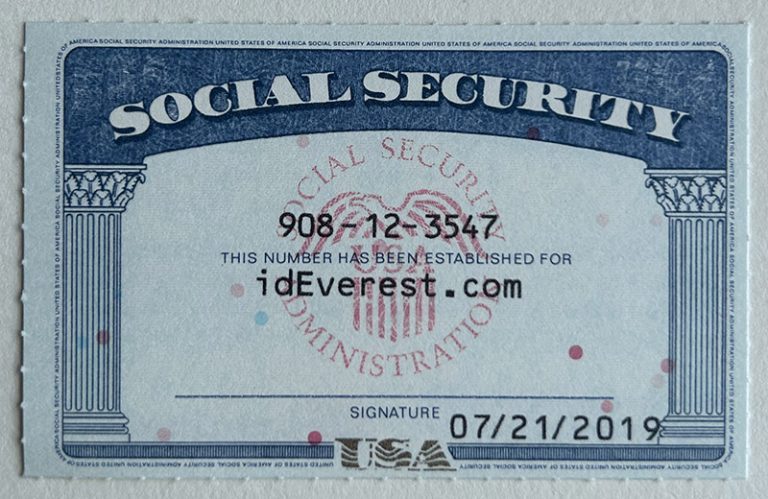
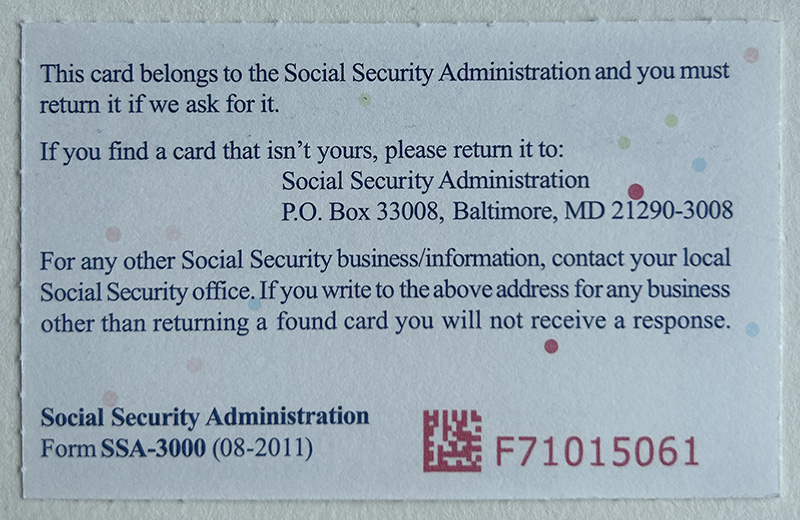
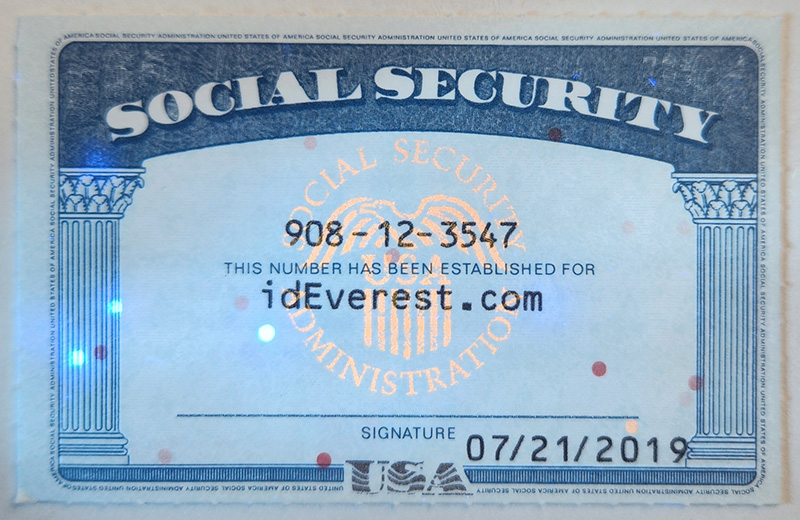
1. Employment Eligibility
Employers need the SSN to report wages to the government and verify the eligibility of individuals to work in the United States. It helps ensure that workers are legal residents or authorized to work.
2. Social Security Benefits
The main purpose of the SSN is to track your income and contributions to Social Security benefits. These benefits include:
Retirement Benefits: Once you reach retirement age, your SSN will be used to determine eligibility and benefit amounts.
Disability Benefits: If you become disabled and can no longer work, your SSN will be used to apply for Social Security Disability Insurance (SSDI).
Survivor Benefits: If a worker passes away, their SSN can be used to obtain survivor benefits for eligible family members.
3. Tax Identification
The SSN is required information for filing federal and state tax returns. The Internal Revenue Service (IRS) uses your SSN to track tax returns and payments. It is also required for:
Starting a business.
Apply for a refund or credit.
Claim dependents on your tax return.
4. Get Government Services
The SSN allows individuals to get a variety of government services beyond Social Security benefits, such as:
Medicare: The federal health insurance program for people 65 and older or younger adults with certain disabilities uses the SSN to identify beneficiaries.
Unemployment Benefits: Your SSN is used to apply for unemployment benefits and report any income earned while unemployed.
5. Financial Transactions
Financial institutions need an SSN to open a bank account, apply for a loan, or get a credit card. Your SSN helps track your credit history and verify your identity in these transactions.
6. Legal and Administrative Uses
An SSN is required for certain legal and administrative processes, such as:
Applying for a driver's license or state identification card.
Enrolling in school.
Applying for federal student loans.
Obtaining insurance (health, life, etc.).
7. Identification
While the SSN card itself is not a primary form of identification like a driver's license or passport, the number is often used to verify an individual's identity in a variety of official and financial transactions.
Security and Abuse Issues
Because the SSN is so widely used, it is a target for identity theft. If someone has unauthorized access to your SSN, they could potentially open a bank account, apply for a loan, or commit fraud in your name. Therefore, it is vital to protect your SSN.
In summary, the SSN card is an important document for employment, government benefits, taxes, and financial and legal activities in the United States.
A Massachusetts scannable ID card, like other state-issued ID cards with a barcode or magnetic stripe, has multiple uses and provides a range of information when scanned. These ID cards are typically driver's licenses or ID cards issued by the Massachusetts Registry of Motor Vehicles (RMV). Here are some of the things you can do with a Massachusetts scannable ID card:
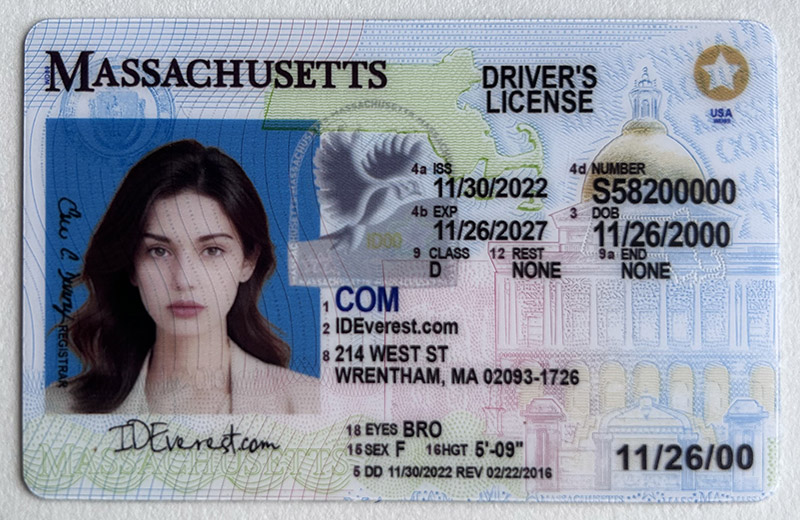
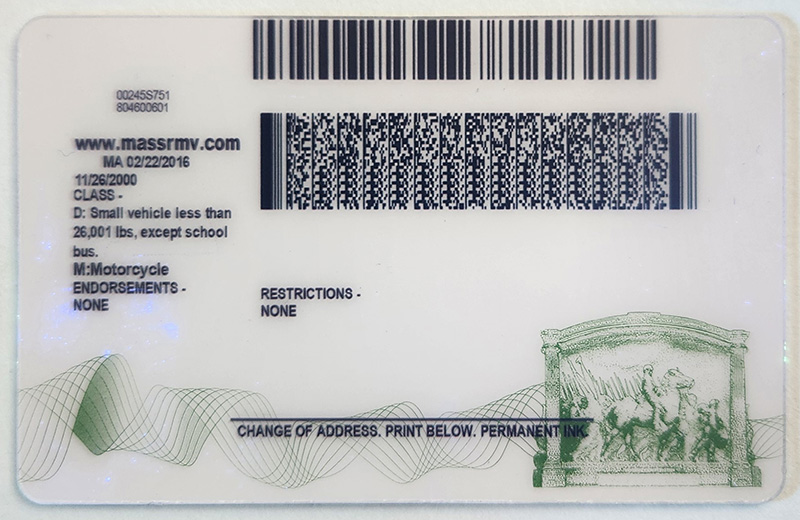
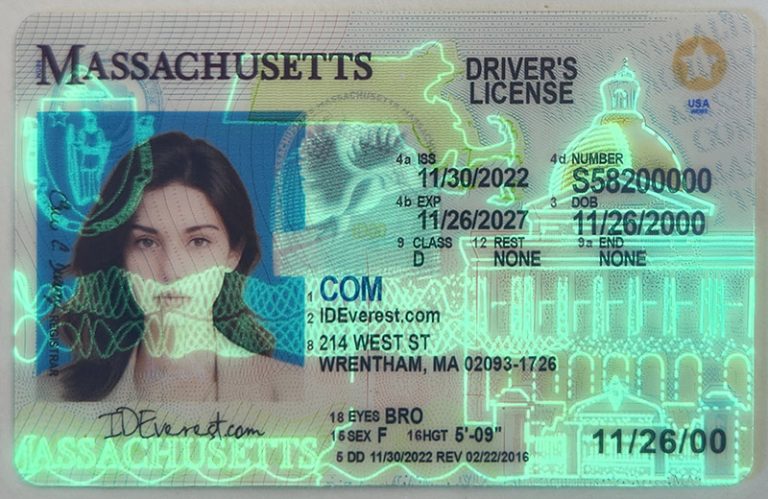
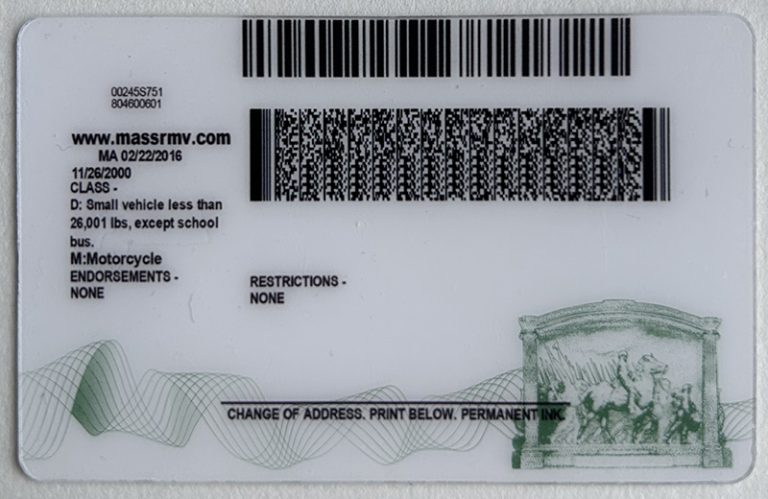
1. Verify Identity
Scannable ID cards are used to confirm an individual's identity in a variety of situations, such as entering age-restricted venues (bars, clubs, casinos), purchasing age-restricted products (alcohol, tobacco), or in a legal context (police check).
When scanned, the ID card will display details such as name, date of birth, and address.
2. Check Age and Legal Status
A scan displays an individual's date of birth, which is essential for verifying that an individual is of legal age for a particular activity or service. It may also show if an individual is underage or if their ID is expired.
Scannable Hawaii ID cards, like any other scannable ID card, are primarily used to verify an individual's identity, age, and other important details in a variety of situations. Here are some of the features and uses of scannable Hawaii ID cards:
1. Age Verification
Bars, clubs, and alcohol retailers: Scanning the ID card allows the establishment to quickly verify that an individual is of legal drinking age (21+ in the U.S.).
Tobacco and vaping products: It is also used to confirm that someone is eligible to purchase tobacco or vaping products, which in the U.S. typically requires the purchaser to be 21+.
2. Access Control
Nightclubs or concert venues: Certain venues or events may scan ID cards to control access, ensure attendees meet age restrictions, or verify eligibility for ticketed events.
Casinos: ID cards are scanned at casinos to confirm age or check restricted individuals, such as those who have self-excluded from gambling.
3. Law Enforcement and Security
Verification during traffic stops: Police can scan ID cards during traffic stops to immediately pull up a person's driving record and confirm the validity of their driver's license.
Security screening: At airports or government buildings, a scannable Hawaii ID card can be used as an identity verification tool to enhance security measures.
Scannable Kentucky ID cards, like driver's licenses or state-issued ID cards, contain information embedded in a barcode or magnetic stripe that can be read by a scanning device. These ID cards are often used for a variety of purposes, such as:
Age verification: Kentucky scannable ID cards are often used in places such as bars, clubs, or stores that sell age-restricted products, such as alcohol or tobacco, to verify that an individual is of legal age.
Law enforcement: Police or other authorities can scan ID cards during traffic stops or other encounters to quickly pull a person's information, such as name, address, license status, and any outstanding warrants.
Airport security screening: Scannable ID cards are used to verify a traveler's identity when passing through TSA security at an airport.
Access to restricted areas: Certain workplaces, events, or institutions may require an ID card to be scanned to allow entry to employees or registered participants.
Financial transactions: Some financial institutions and retailers may scan ID cards during large transactions to prevent fraud, such as when purchasing vehicles or high-value items.
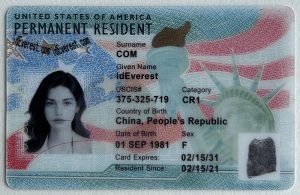
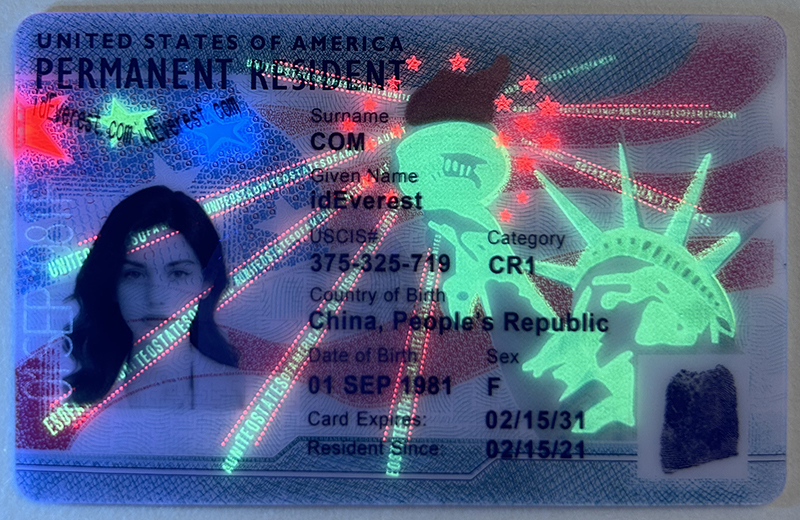
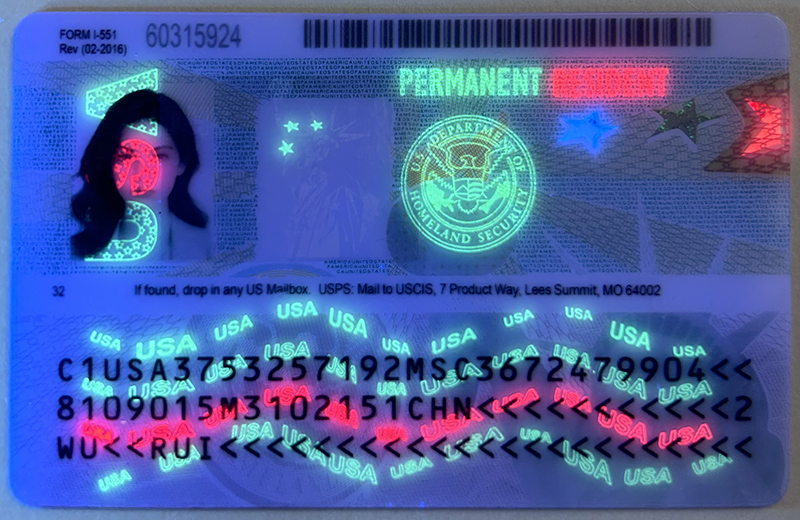
Tags:
You like
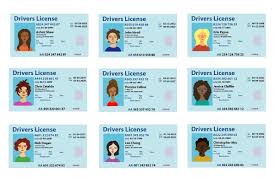
High-quality fake ID design
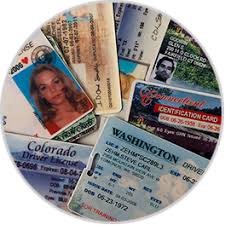
counterfeit ID

vendor selection tips
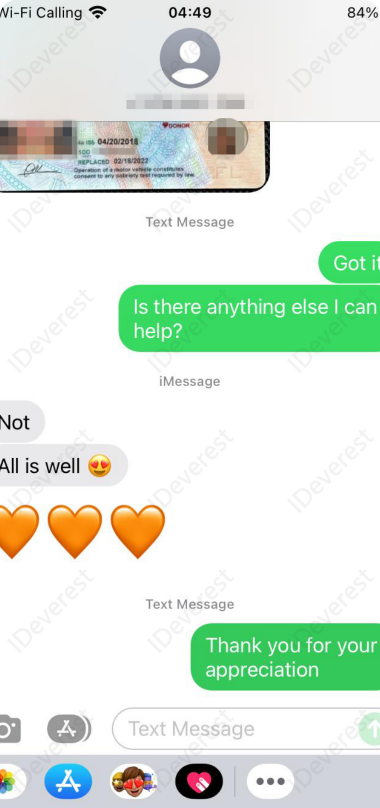
college students

